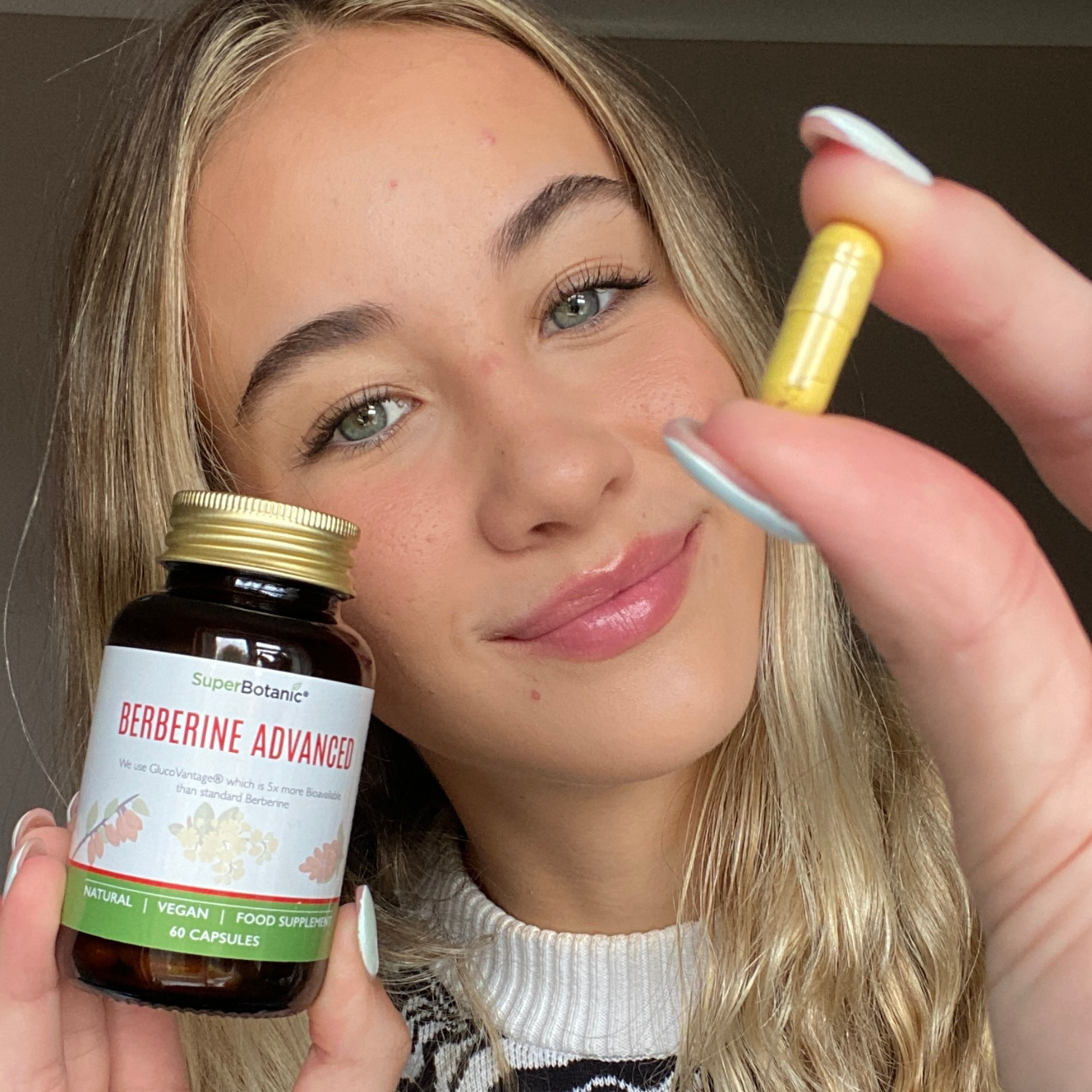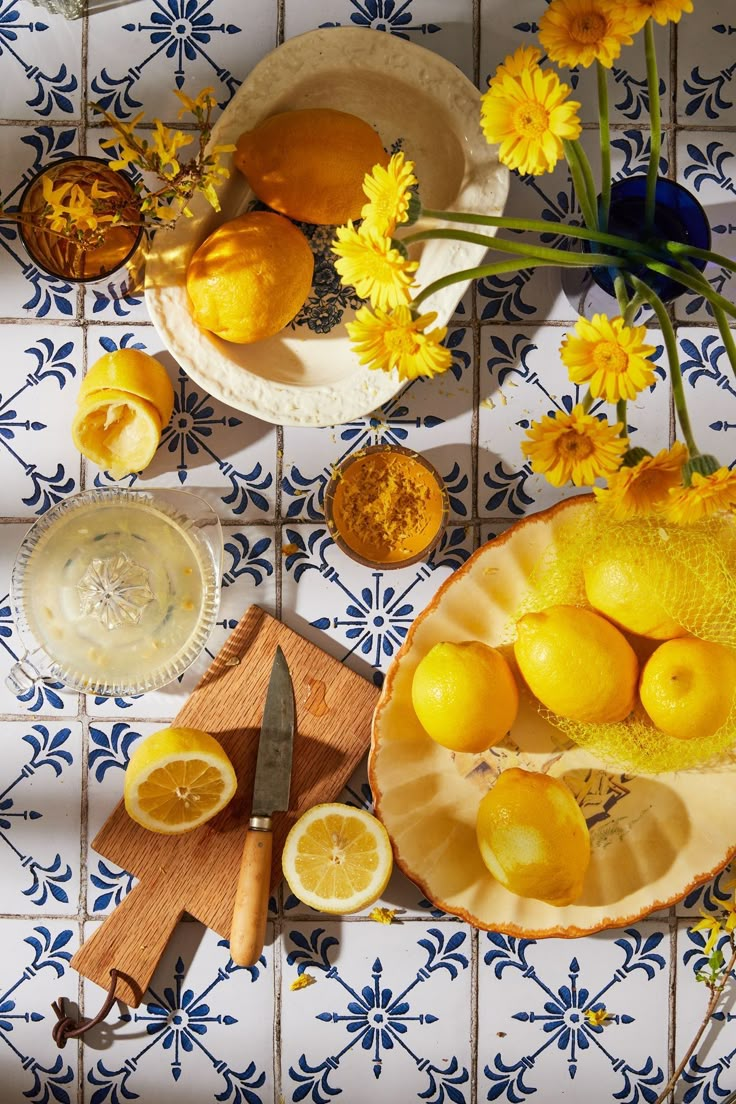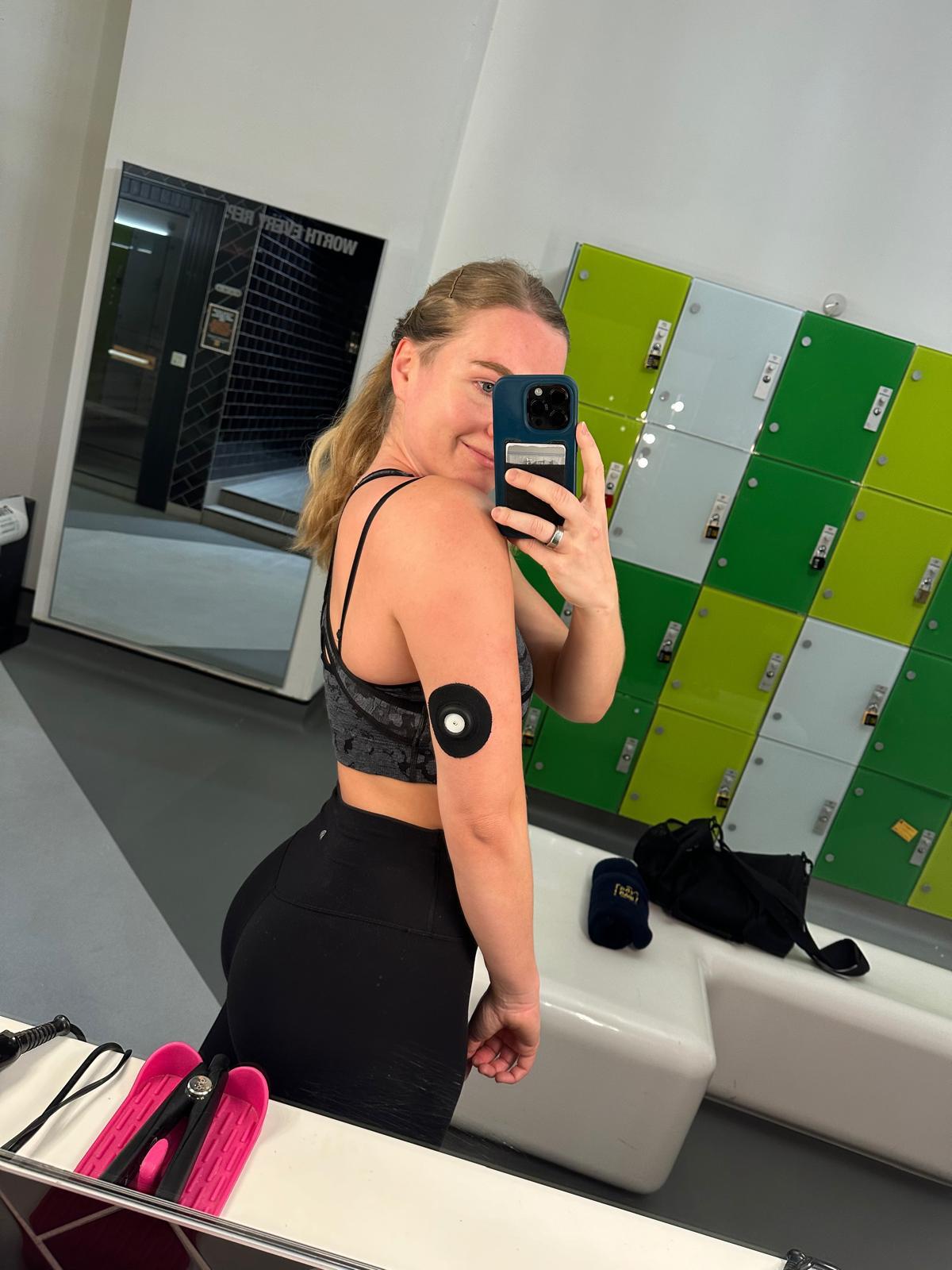We are thrilled to welcome Lindsay Powers, Registered Nutritional Therapist and Founder of the Powers Nutrition Clinic, as she delves into the extraordinary impact of berberine on skin health, with a special focus on its remarkable benefits in addressing acne.
Berberine is a nutrient associated with blood sugar balance, gut health and cardiovascular health. But did you know that Berberine also benefits skin health and, more specifically, acne? Here I’ll take a closer look at Berberine - what is Berberine, and how can it help acne?
What is Berberine?
Berberine is an alkaloid extracted from several plants, including European Barbery, goldenseal, and Oregon grape.
With a long history in traditional Chinese medicine, berberine is one of the most effective natural supplements available, with many well-researched benefits.
Berberine lowers blood sugar levels, helps with weight loss, and supports cholesterol balance and heart health.
Many studies show berberine effectively lowers blood sugar levels in those with Type 2 Diabetes [1]. Studies also show that berberine may help weight loss by improving glycemic control and inhibiting fat storage [2].
Several studies have found berberine to lower LDL ‘bad’ lipoproteins and triglycerides effectively. It appears to inhibit an enzyme called PCSK9, which results in more LDL cholesterol being removed from the blood [3].
Alongside its benefits on cholesterol, diabetes, and obesity, which are risk factors for heart disease, berberine seems likely to benefit long-term heart health.
Berberine also offers benefits to women with PCOS. Women with PCOS may have higher insulin levels compared to women of the same weight without the condition. As a pote insulin sensitiser, berberine effectively lowers blood glucose and improves metabolic markers associated with this condition.
Research has found Berberine to be as effective as Metformin in improving women’s blood glucose levels with PCOS but without any gastrointestinal side-effects often experienced with this medication [4].

How does Berberine help acne?
When it comes to skin health, berberine is fast becoming a popular supplement for acne-prone skin. I often recommend berberine to clients with acne as part of their supplementprotocol.
In 2012, Iranian researchers carried out a study on berberine and acne. During the four-week study, the researchers gave 50 teenagers (aged 12 to 17) either 600mg of barberry ora placebo supplement. Berberine is one of the active components of barberry. Both males and females took part in the study in equal numbers. The study showed that berberine successfully reduced acne by 45% in just four weeks [5].
Berberine also benefits skin health as it helps with intestinal permeability, known as ‘leaky gut.’ A leaky gut can play a role in acne by triggering inflammation and making symptoms worse. There is a strong connection between gut health and skin health, known as the gut-skin axis, so supporting skin barrier function with berberine is a good option.
Berberine’s effect on insulin sensitivity further benefits skin health and acne. Excess insulinin your blood can cause your oil glands to produce more sebum, increasing breakouts.
Berberine directly inhibits mTOR.
High-energy foods like sugar and dairy cause increased insulin, IGF-1 hormone, and the mTOR enzyme. mTOR, in turn, stimulates keratin, inflammation, and sebum production—all of which contribute to acne. By inhibiting mTOR, berberine has a beneficial effect on skin health and some common acne triggers.
If you want to learn more about Berberine and how to use it as part of your skin healing protocol, please get in touch.
Lindsay Powers Profile and Links | linkpop.com
- https://pubmed.ncbi.nlm.nih.gov/25607236/
- https://www.ncbi.nlm.nih.gov/pmc/articles/PMC3310165/
- https://pubmed.ncbi.nlm.nih.gov/19687008/
- https://eje.bioscientifica.com/view/journals/eje/166/1/99.xml
- Source: Fouladi, R. F. Aqueous extract of dried fruit of Berberis vulgaris L. in acnevulgaris, a clinical trial. J Diet Suppl 9,253–61 (2012).
https://www.ncbi.nlm.nih.gov/pubmed/23038982



